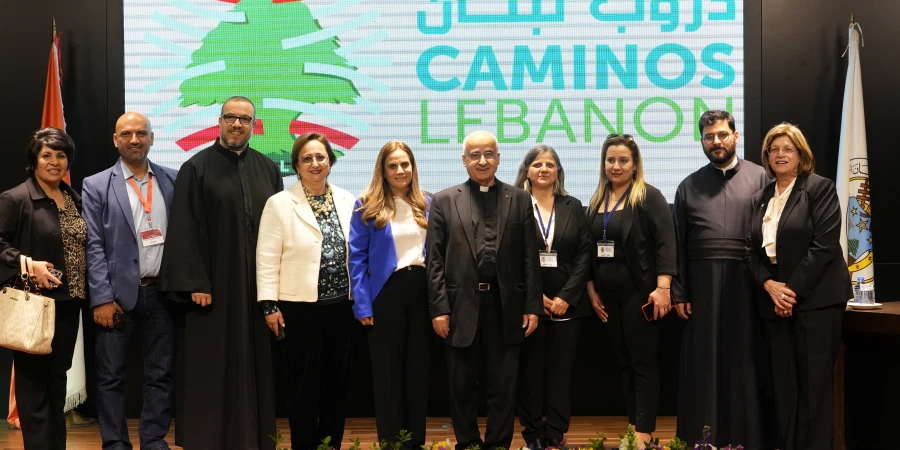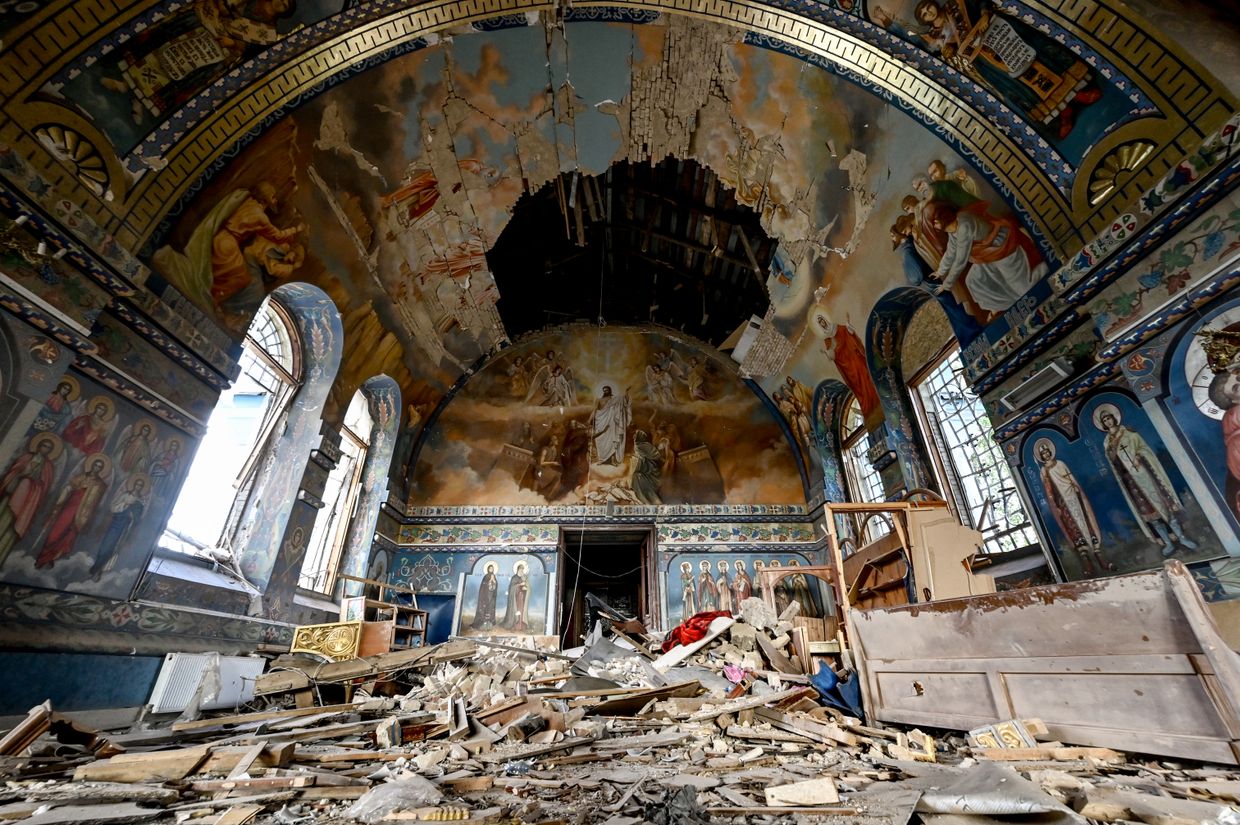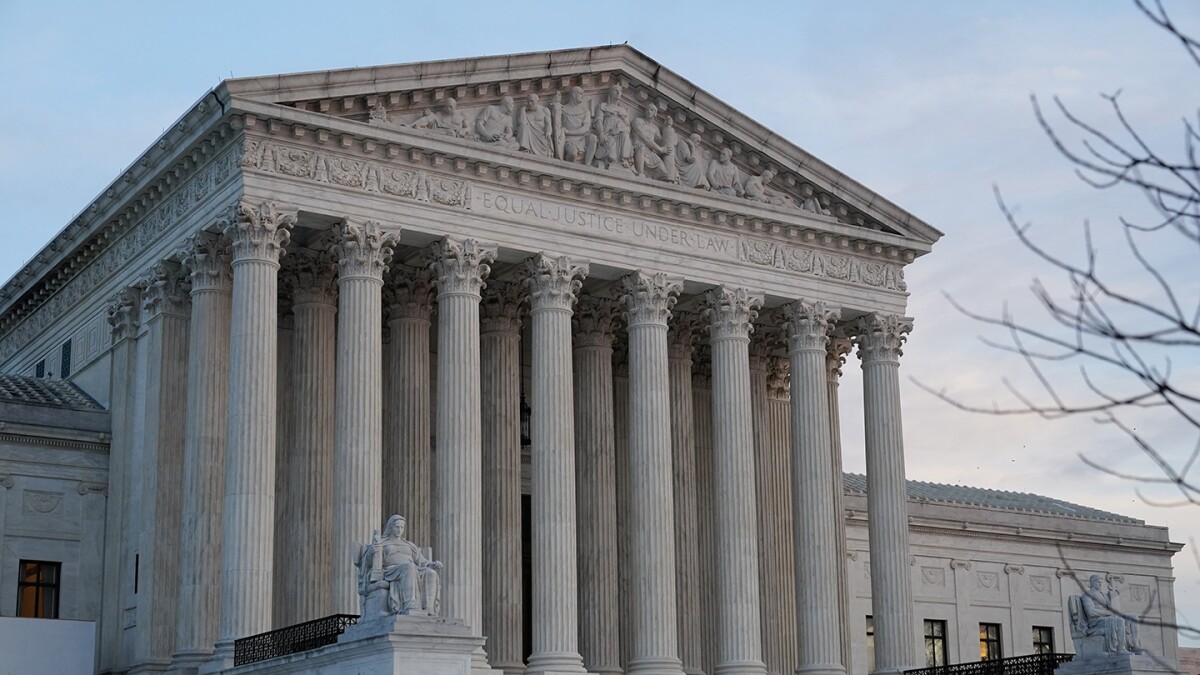Walking in the Footsteps of History: Lebanon's Ancient Pilgrimage Trail Unveils Centuries of Sacred Journeys
Religion
2025-03-30 11:00:00Content

Unveiling Lebanon's Spiritual Landscape: The Caminos Lebanon Project
Nestled in the heart of the Middle East, Lebanon boasts a remarkable tapestry of religious diversity and historical significance. The Caminos Lebanon project emerges as an ambitious initiative to celebrate and preserve this rich spiritual heritage through an innovative network of pilgrimage trails.
By meticulously mapping and connecting sacred sites across the country, the project aims to create a comprehensive journey that allows travelers, pilgrims, and cultural enthusiasts to explore Lebanon's profound religious landscape. These carefully curated trails will weave through ancient churches, historic monasteries, and significant religious landmarks, offering a unique opportunity to experience the country's deep-rooted spiritual traditions.
More than just a tourism initiative, Caminos Lebanon represents a powerful effort to showcase the cultural and historical depth of Lebanon's religious communities. The project promises to bridge past and present, inviting visitors to walk in the footsteps of centuries of spiritual tradition and discover the interconnected religious narratives that have shaped this remarkable nation.
Unveiling Lebanon's Sacred Pathways: A Journey Through Spiritual Heritage
In the heart of the Middle East, where ancient civilizations have left their indelible mark, Lebanon stands as a testament to religious diversity and cultural richness. Beyond its tumultuous history and breathtaking landscapes, the country harbors a profound spiritual tapestry that weaves together centuries of religious traditions, sacred sites, and human resilience.Rediscovering Spiritual Landscapes: Where History and Faith Converge
The Spiritual Cartography of Lebanon
Lebanon's geographical terrain is more than just a physical landscape; it is a living museum of religious heritage that transcends time and cultural boundaries. The Caminos Lebanon project emerges as a groundbreaking initiative to map and preserve the intricate spiritual networks that have defined this region for millennia. By meticulously documenting and connecting pilgrimage trails, the project offers a transformative approach to understanding religious coexistence and cultural preservation. The intricate network of trails represents more than mere geographical connections. Each path tells a story of human migration, spiritual exploration, and interfaith dialogue. Researchers and cultural historians have long recognized Lebanon as a microcosm of religious diversity, where Christian, Muslim, and other faith traditions have coexisted and interacted for centuries.Architectural and Cultural Significance of Pilgrimage Routes
The pilgrimage trails are not simply walking paths but living historical corridors that showcase architectural marvels and cultural intersections. Ancient monasteries, centuries-old churches, and historic mosques dot these routes, offering pilgrims and travelers a profound journey through time and spiritual experience. Architectural historians have noted the unique syncretic design of many religious structures along these trails, reflecting the complex cultural exchanges that have occurred in this region. Each stone, each architectural element tells a story of adaptation, mutual respect, and shared cultural experiences that transcend religious boundaries.Technological Innovation in Cultural Preservation
The Caminos Lebanon project leverages cutting-edge digital mapping technologies to document and preserve these spiritual pathways. Geographic Information Systems (GIS) and advanced digital documentation techniques allow researchers to create comprehensive, interactive maps that not only preserve historical routes but also provide immersive experiences for digital explorers. By integrating modern technological tools with traditional cultural knowledge, the project ensures that these spiritual landscapes are not just preserved but also made accessible to a global audience. Virtual tours, augmented reality experiences, and detailed digital archives transform how we understand and interact with cultural heritage.Economic and Tourism Potential
Beyond cultural preservation, these pilgrimage trails represent significant economic opportunities for local communities. Religious tourism has emerged as a powerful economic driver, offering sustainable development strategies for rural and historically marginalized regions. Local communities along these routes can develop eco-tourism initiatives, traditional craft markets, and hospitality services that celebrate their unique cultural heritage. The economic potential extends beyond immediate tourism revenues, potentially creating long-term sustainable development models that respect local traditions and environmental considerations.Interfaith Dialogue and Cultural Understanding
The pilgrimage network serves as a powerful platform for interfaith dialogue and mutual understanding. By physically connecting diverse religious sites and encouraging cross-cultural interactions, the Caminos Lebanon project becomes a metaphorical bridge between different religious communities. Scholars and peace advocates recognize such initiatives as crucial in promoting tolerance, understanding, and peaceful coexistence in a region often characterized by religious tensions. The trails become living classrooms of cultural empathy, where historical narratives of conflict can be transformed into stories of shared humanity.RELATED NEWS
Religion

Sacred Spaces Under Siege: Russia's War Leaves 600+ Religious Sites in Ruins, Zelensky Reveals
2025-04-19 22:38:00







